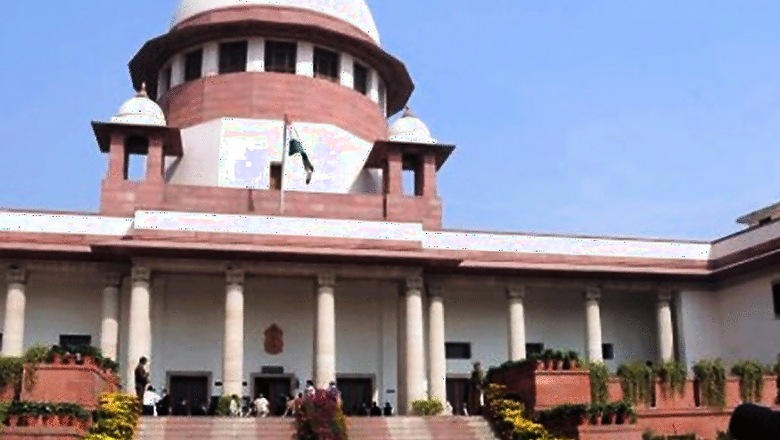
views
New Delhi: Underlining that "law should not result in caste hatred", the Supreme Court on Tuesday ruled out automatic registration of FIR and arrest in complaint under SC/ST Act.
A bench of Justices Adarsh K Goel and Uday U Lalit held there is a need to provide for safeguards against registration of FIRs and arrests under the SC/ST (Prevention of Atrocities) Act in view of instances of misuse, as observed in the last three decades, and to protect the liberty of others.
"The underprivileged need to be protected against any atrocities to give effect to the Constitutional ideals. The Atrocities Act has been enacted with this objective. At the same time, the said Act cannot be converted into a charter for exploitation or oppression by any unscrupulous person or by police for extraneous reasons against other citizens," maintained the bench.
The court noted that harassment of an innocent citizen, irrespective of caste or religion, is against the guarantee of the Constitution and that the SC must enforce such a guarantee.
The bench made it mandatory for the police to conduct a preliminary investigation, not exceeding a week, to arrive at a decision whether an FIR deserves to be registered under the parameters of the Atrocities Act.
"We are of the view that cases under the Atrocities Act also fall in exceptional category where preliminary inquiry must be held," said the court. It added that even if an FIR is lodged, the accused will not be arrested automatically.
"There is need to safeguard innocent citizens against false implication and unnecessary arrest," said the judges, as they laid down that arrest is not at all mandatory in cases under SC/ST Act.
For a public servant, the Court said, permission of the appointing authority will be a must to make arrest whereas for others, written permission of the Senior Superintendent of Police or DSP will be necessary.
"Such permissions must be granted for recorded reasons which must be served on the person to be arrested and to the concerned court," said the bench, adding as and when a person arrested is produced before the judge, it will be examined if further detention is required.
The court also interpreted Section 18 of the Act, and ruled there cannot be any absolute bar against granting anticipatory bail in such cases. It held that a person is entitled to get a pre-arrest bail if it can be prima facie shown that allegations are false, fabricated and motivated.
"Liberty of one citizen cannot be placed at the whim of another. Law has to protect the innocent and punish the guilty. Thus considered, exclusion has to be applied to genuine cases and not to false ones. This will help in achieving the object of the law," said the Court.
Innocent citizens are termed as accused, which is not intended by the legislature, said the Court, emphasising the legislature never intended to use
the Atrocities Act as an instrument to blackmail or to wreak personal vengeance.
"We have already noted the working of the Act in the last three decades. It has been judicially acknowledged that there are instances of abuse of the Act by vested interests against political opponents in Panchayat, Municipal or other elections, to settle private civil disputes arising out of property, monetary disputes, employment disputes and seniority disputes. It may be noticed that by way of rampant misuse complaints are ‘largely being filed particularly against Public Servants/quasi judicial/judicial officers with oblique motive for satisfaction of vested interests", lamented the bench.
The top court asserted that the Atrocities Act should promote constitutional values of fraternity and integration of the society.
"This may require check on false implications of innocent citizens on caste lines. It is necessary to express concern that working of the Atrocities Act should not result in perpetuating casteism which can have an adverse impact on integration of the society and the constitutional values," said the bench.
It highlighted that irrespective of caste or religion, the Constitution guarantees equality in its preamble as well as other provisions." The Constitution envisages a cohesive, unified and casteless society, " said the bench.










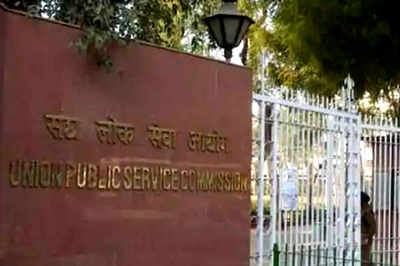


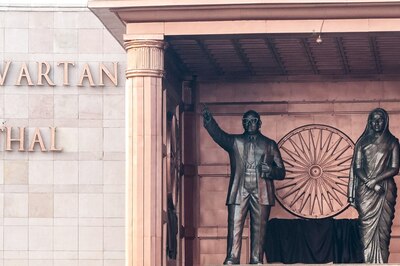


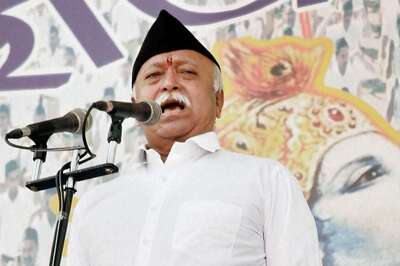
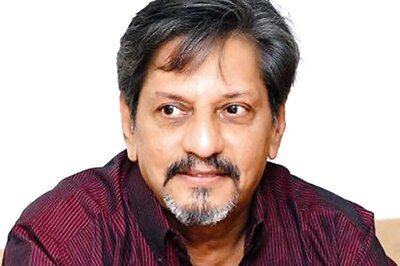


Comments
0 comment